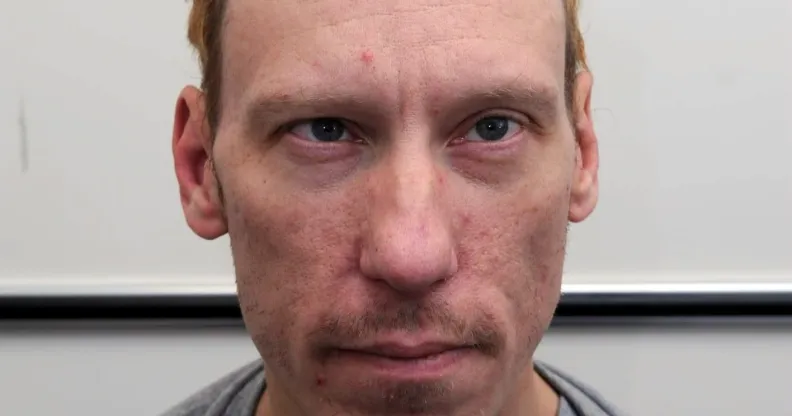Probe into ‘Grindr serial killer’ Stephen Port ‘won’t be delayed by coronavirus’

Stephen Port killed four young gay men between June 2014 and September 2015.(Metropolitan Police)
He found his victims on Grindr. He drugged, raped and killed them. He disposed of their bodies all within walking distance of his east London, England, apartment.
All were found in identical positions. Slumped against a wall. Their mobile phones missing. Three in a churchyard. One found in a communal area of the killer’s own apartment complex.
But for the families of the four men who met Stephen Port, a moment of relief. Authorities announced Friday (July 10) that, even with the ongoing coronavirus cratering the courts, an inquest into the deaths will not be delayed.
Port, 44, a bus depot chef, lured at least four men – raping many more – on dating apps between 2014 and 2015 to his one-bedroom Barking residence across a perilous 15 months-stretch. All four died from overdoses of GHB, a date-rape drug.
It was a case that appalled Britain, one of grisly details and questionable police investigations that ended with the Central Criminal Court sentencing Port to life in prison.
But for the loved ones of fashion student Anthony Walgate, 23, artist Gabriel Kovari, 22, chef Daniel Whitworth, 21, and forklift truck driver Jack Taylor, 25, an inquest hearing into their deaths may offer respite. The Guardian reported that the inquest is due to open January 2021.
Stephen Port: Years since killings, families of slain victims finally secure inquest.
Andrew O’Connor, counsel to the inquest, told judge Sarah Munro QC, appointed assistant coroner for east London, ar a pre-inquest review at the Old Bailey that the pandemic will not snarl the inquest’s release.
“You have already set a date of January 2021 for the substantive hearing to take place,” he said.
“We are quite confident we will be ready for this hearing for that time. Families have waited a long time for these hearings to take place.
“Everyone is aware of the uncertainties that have been created by the coronavirus pandemic, and well aware of the difficulties that pandemic has caused and continues to cause for court hearings.”
O’Connor said that some 8,000 pages of documents have already been disclosed – statements from police monitoring agencies and family members as well as files from the original police investigations.
After a probe by the Independent Office of Police Conduct, a watchdog, concluded that none of the 17 officers involved in the case would face misconduct charges. Law enforcement acknowledged that Port could have been caught sooner if detectives connected the deaths sooner.
The first known victim, Walgate, was discovered June 2014 in the communal area of the very building Port lived in. Port placed the three other bodies outside the same churchyard – two were found by the same dog-walker within three months of one another.
Yet, investigations were stalled in the outset. Port penned fake suicide notes and dotted the bodies which detectives took at face value, even when relatives and campaigners stressed to police the possibility of a serial killer.
If the police had not re-examined evidence, the family said, Port may have been arrested sooner.
Port combed through popular queer male dating apps such as Grindr or FitLad. Meeting his victims, he either spiked their drinks or injected them with GHB.

